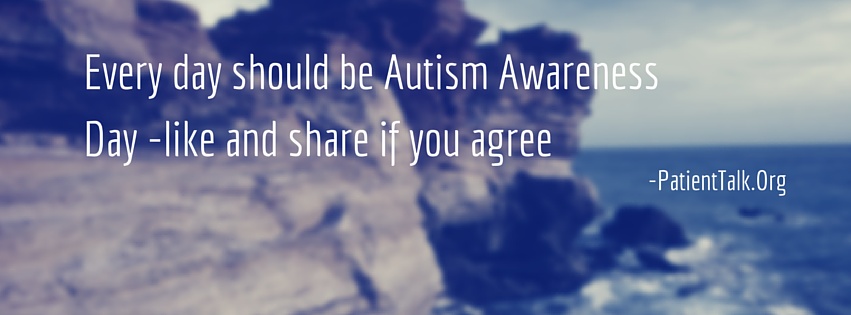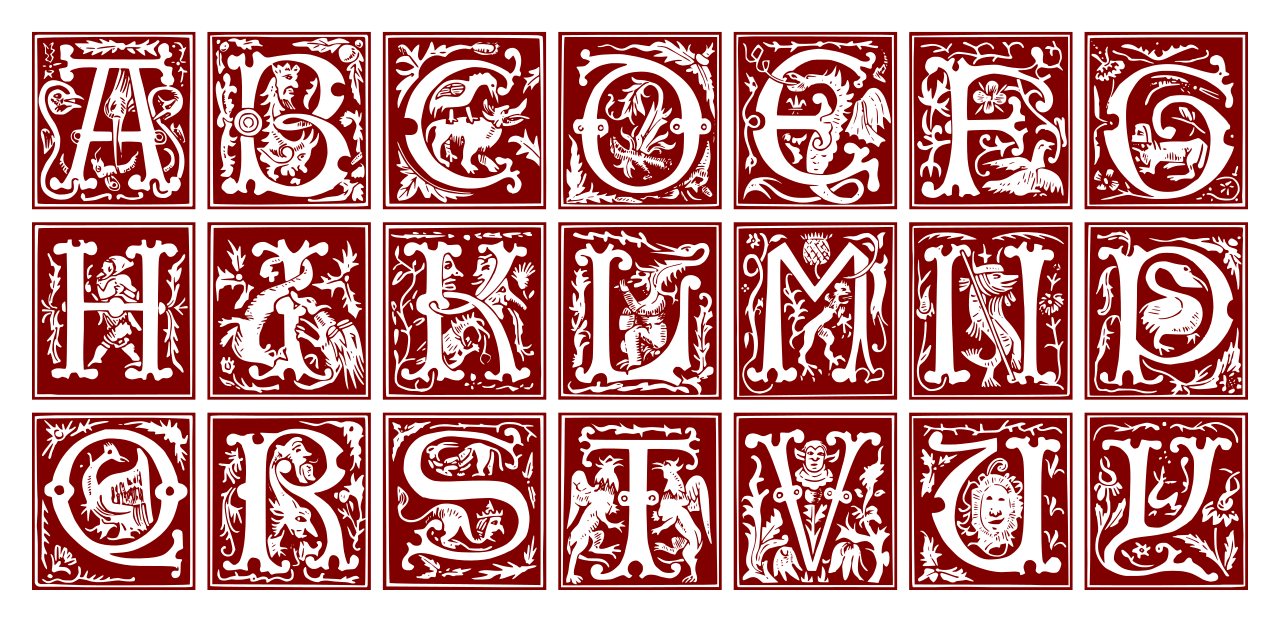
Characteristics of Autism
A few days ago I asked this very question on our Facebook page AutismTalk. Three days later that have been over 500 responses with literally hundreds of interleaved comments. So clearly it is one of the most valuable of the conversation we have run.
Due to the , rather, transitory nature of social media we though it would be useful to keep some of the comments and use them as the basis of a discussion blog. It would be great if you could use the comment boxes at the bottom of this post to share your answer to the question “What first gave you the idea that your child might be on the autism spectrum?”.
I have covered our son’s diagnosis on this blog before. You can read John’s story here. It is worth mentioning that John was recessive and the first sign of classic autism really only became apparent when he was two. In his case this was loosing much of his ability to speak which had been pretty typical of a developing child up to that point.
Looking at our responders there seems to be a very wide range of symptoms and signs of autism.
Jade, for example shared “I had 3 children under three. My Autistic son was the middle child.
I could see the girls thriving, playing, talking, looking at me and my son did none of that.
He didn’t say his first word till he was 4 and a half, he wouldn’t and still doesn’t make eye contact, he didn’t comprehend what I was saying or asking of him. He threw some mega tantrums ( he was frustrated and trapped in his own world) He hated loud noises and bright nights. He didn’t and doesn’t like to be touched or hugged. Couldn’t stand not to have socks on, he hated the feel of the carpet, grass or sand on his feet. It was very scary for me, I was a single mum when he was diagnosed, no one in my family knew anything about Autism and their was very little support in my area. My son is almost 17 and doing amazingly”
While Tammy was brief and to the point. “No eye contact and lining up toys” In fact another of John’s early symptoms was loss of eye contact!
For Derek “Not pointing or following others point. Lack of shared enjoyment. Very little babbling. Food aversion, and dislike of food utensils in mouth. Sound & light sensitivity. Meltdowns in shopping centres! All this before 12 months. We did DIR Floortime with him and everything changed.
Now at 6 he is unrecognisable in some ways. He’s bright, bubbly, friendly (dare I say popular), polite, helpful and lovely. Still autistic, and still has many challenges, but also has amazing strengths. Don’t give up on your kids!”
“Speech was repetitive starting at around age 2, lined up his toys, and covered his ears when we sang happy birthday to him at age 2.” said Jaclyn.
Dawn mentioned our old friend “Hand flapping, toe walking, and lack of speech and eye contact at 12 mos old”.
Even some symptoms did not have an immediate impact for Dawn “No speech and only babbling at 3.5, but even then I still had my head in the sand about a diagnosis of ASD”.
Shawn was helped by her mother “My mom, she was a manager in a public school cafeteria. She saw a older child who display similar characteristics to my son who only 2 at the time. Before she uttered it 11 yrs ago I had never even heard of the word! May she rest in peace. u mom & thx for everything.”
” I knew absolutely nothing about autism but my daughter always seemed different. She had no interest in learning, words came and went, some people asked me if she was deaf, she loved to spend hours throwing things over things, and she just always seemed to live in her own little world. I’m very grateful that I have always been included in her little world even though most are not.” mentioned Dixie.
Calre some was spotted by “A health professional from our schools team when I tried to get my boy some counselling help for his ‘outbursts’ or ‘meltdowns’. She recognised it, talked it through with me about making an assessment referral and all the pieces fell into place. My handsome young man was diagnosed as high functioning autistic just before his 11th birthday. Strangely, it’s made life easier :))). Maybe that’s because we all understand a little bit more each day x”
While there are many many more I would like to end with Christine’s moving post “This might sound kind of weird – but I knew from the first day that my daughter was different. My daughter always seemed so far away and “wise” compared to other babies. She scared away the little old ladies looking into the pram or into her crib at home, trying to catch her attention by just looking through them very seriously. She didn’t crawl but on her first birthday she started shuffeling around on her bottom and didn’t try to stand up before she was 19 months old but then all of sudden she stood up and walked without falling even once. She always talked to her cats and dogs more than she did to other people. As a child she didn’t talk to strangers at all, even if these strangers were her teachers. My daughter is 19 today, she has Asperger’s and her “therapy” are our family animals (cats, dogs, chickens, horses) and she works at a horse farm, training young horses and even drives visitors around with a horse-drawn carriage with two horses. In that surrounding she can even talk to the people on her carriage and engage in conversation with strangers. 12 years of school resp. college were very hard and stressful, although she never lacked intelligence – until a little more than a year ago she decided, that she didn’t want to go to University but only work with horses. So she quit school and took on an apprenticeship on that horse farm… Our children on the spectrum are challenged, we are challenged to guide them into their lives – and they teach us and other people around them so much “.
So over to you. What was the first thing that made you think that your child was on the spectrum. It would be great if you could add your comments to the comments box below.
Thanks very much in advance.




